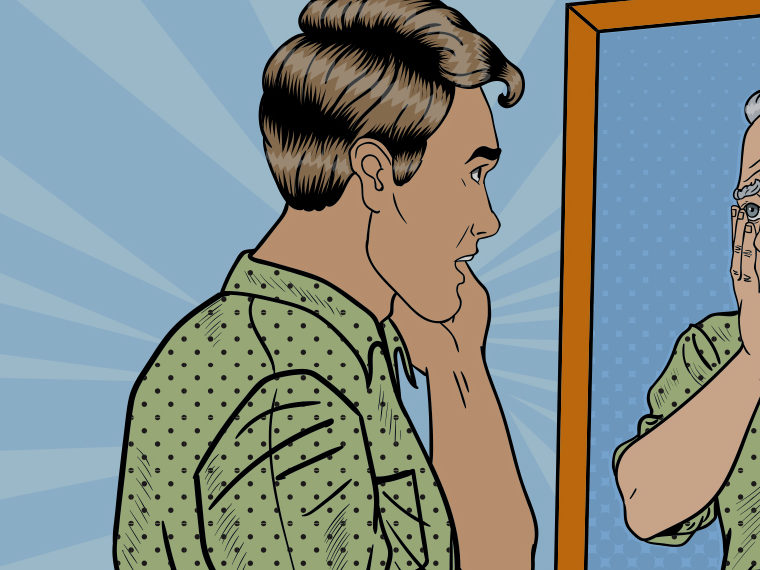Money-saving messages lose impact over time, while worry about dangerous pollution helps consumers show discipline
As with dieting, it’s notoriously difficult to make energy-saving practices stick. How the appeal to conserve is framed, however, can make a big difference.
That is the conclusion from researchers Omar I. Asensio and Magali A. Delmas, with UCLA’s Institute of the Environment and Sustainability; Delmas is also faculty at UCLA Anderson. In a study published in the Journal of Economic Behavior and Organization, the authors tracked energy consumption of 118 households in L.A.’s University Village. They found that messages describing the public health benefits of saving electricity resulted in energy reductions that persisted significantly longer than those prompted by messages that emphasized cost savings.
Both messages produced fairly immediate effects. The group that received the cost-savings message reduced energy use by nearly 16 percent, while the group getting the health message showed a reduction of almost 22 percent. But by the end of the 100-day study period, the energy reductions by the cost group had just about disappeared — partly, the authors believe, because the amount of money saved was relatively small (typically about $79 a year). However, the health group maintained an 8-to-10 percent reduction in consumption.
Opt In to the Review Monthly Email Update.
For insight into how the reductions were achieved, the researchers used custom smart-meter technology to examine different categories of energy use. For instance, the “health” group showed persistent reductions from “plug load” — consumption from household electronics and other items connected to an electric socket, which account for the largest share of household electricity consumption. The “cost” group made large cuts in heating and cooling only to see energy use rebound over time. However, they did see continued savings from reduced lighting use; turning off light switches is apparently a habit that has some persistence.
One surprise: Both groups saw an increase in the amount of electricity used by refrigerators. Post-study focus groups revealed that the blame lay in the confusing way that older analog controls show temperature. It turns out many residents thought that adjusting the dial to a higher number would raise the temperature — which is how home thermostats work — and use less electricity. On refrigerator dials, a higher number lowers the temperature.
Featured Faculty
-
Magali Delmas
Professor of Management; Faculty Director, Impact@Anderson
About the Research
Asensio, O.I., & Delmas, M.A. (2016). The dynamics of behavior change: Evidence from energy conservation. Journal of Economic Behavior and Organization, 126(A), 196–212.






